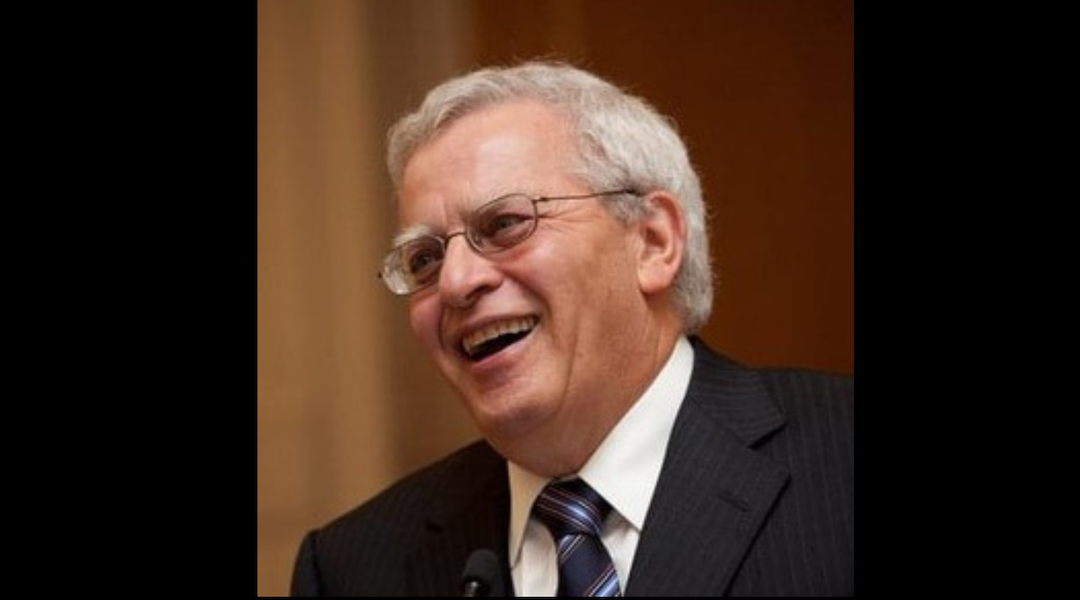Gershon Hundert, renowned scholar of Polish Jewry, dies at 77
The McGill University professor was the editor in chief of the YIVO Encyclopedia of Jews in Eastern Europe

Gershon Hundert was a popular professor at McGill University’s Department of Jewish Studies, where he taught for almost 50 years. (McGill University)
(JTA) — Gershon Hundert, a Canadian historian of Polish Jewry who served as the editor-in-chief of the indispensable YIVO Encyclopedia of Jews in Eastern Europe, died Oct. 27. He was 77.
Born in Toronto, Hundert received his doctorate in history from Columbia University. He was a popular professor in McGill University’s Department of Jewish Studies, where he taught for almost 50 years and wrote important scholarly works on the everyday and inner lives of Jews in the Polish-Lithuanian Commonwealth (a region he considered under-examined by other scholars in the field).
Among his books are “Jews in Poland-Lithuania in the Eighteenth Century: A Genealogy of Modernity (2004), “The Jews in a Polish Private Town: The Case of Opatow in the Eighteenth Century” (1992) and, with Gershon Bacon, “The Jews in Poland and Russia: Bibliographical Essays” (1984).
As editor of the YIVO encyclopedia, which went online in 2010, he sought to make sure, as he told the New York Jewish Week at the time, that the history of Eastern Europe’s Jews “does not get reduced to Tevye and a guy in a black hat and beard.”
Hundert also served as the chief historical consultant for the 18th-century gallery at the POLIN Museum of Jewish Life in Warsaw.
“A modest person, gracious and generous, erudite and wise, and always genial, Gershon has left an indelible mark on the field of Polish Jewish history,” wrote Barbara Kirshenblatt-Gimblett, chief curator of the museum’s core exhibition.
His survivors include his wife, Ruth Mencow, son Daniel, daughters Rachel and Rena, their spouses and seven grandchildren.
Correction: This obituary has been corrected to include Gershon Hundert’s son Daniel, who survives him.
A message from our CEO & publisher Rachel Fishman Feddersen
I hope you appreciated this article. Before you go, I’d like to ask you to please support the Forward’s award-winning, nonprofit journalism during this critical time.
At a time when other newsrooms are closing or cutting back, the Forward has removed its paywall and invested additional resources to report on the ground from Israel and around the U.S. on the impact of the war, rising antisemitism and polarized discourse.
Readers like you make it all possible. Support our work by becoming a Forward Member and connect with our journalism and your community.
— Rachel Fishman Feddersen, Publisher and CEO